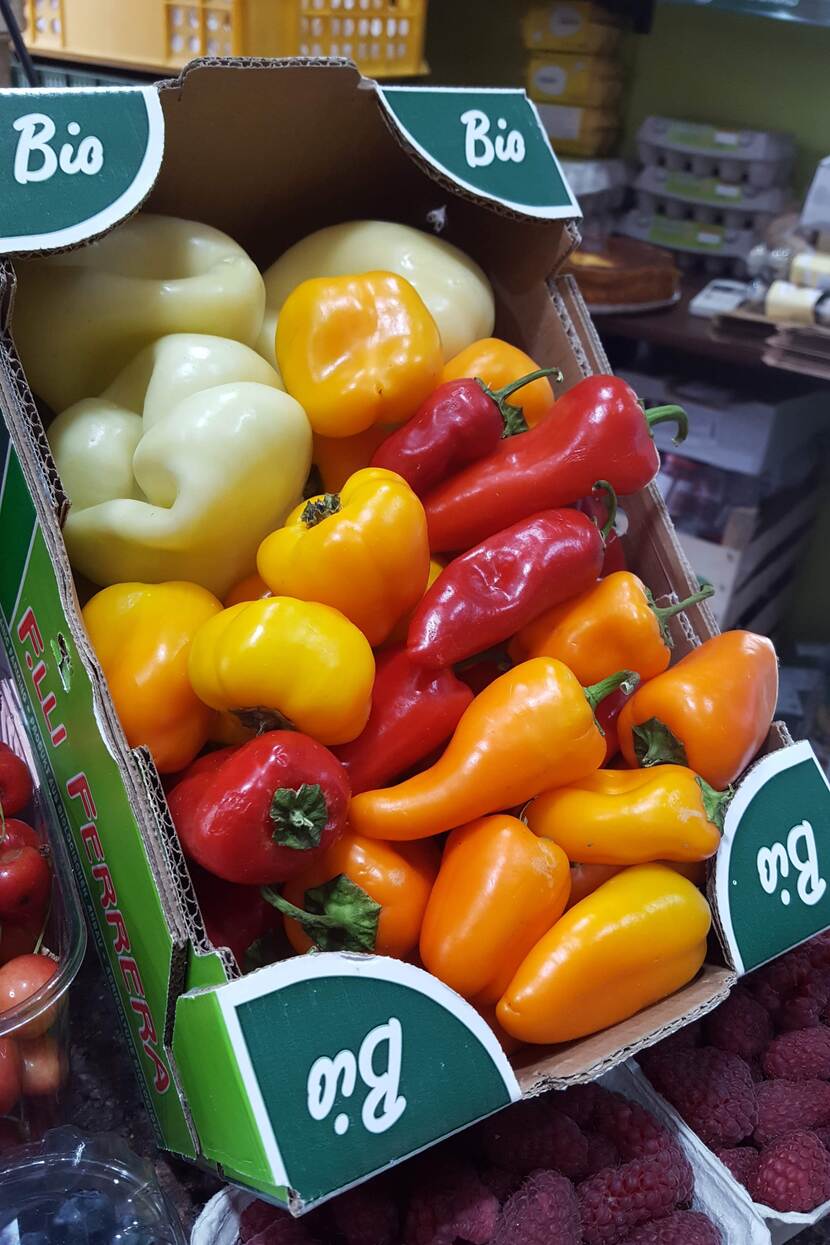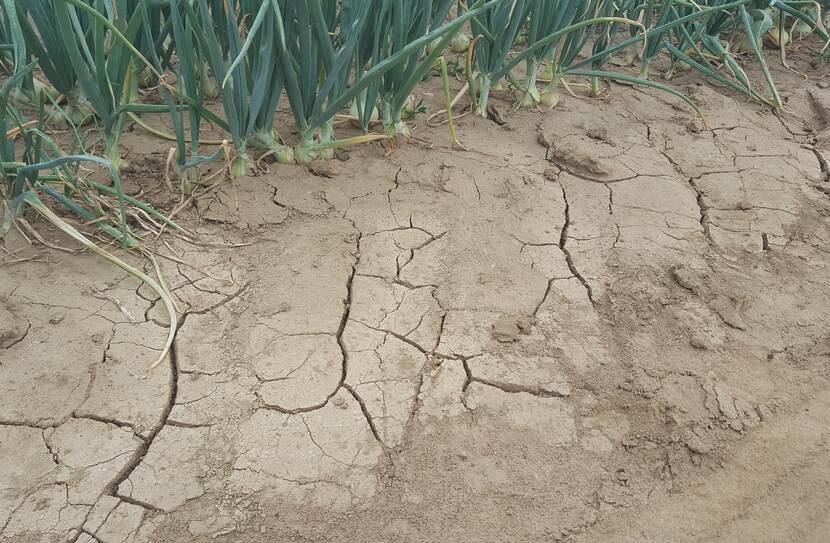Poland, brief agricultural news week 9, 2020
What happened in Poland last week? A brief overview of agricultural news.

Growing opposition to Sunday trade ban
Poles are not enthusiastic about the tightening of the trade ban. On the contrary, there are more opponents of restrictions, especially among city inhabitants. In 2020 the Poles have been allowed to shop on Sundays only on seven Sundays a year. Inhabitants of the largest cities (with over 500,000 citizens) are particularly dissatisfied with this subsequent tightening of the trade ban and almost 64% of them are against this step (according to the Havas Media study). The number of opponents is growing and the percentage of opponents of the Sunday trade ban rose to 47.7% (in 2018 just after introduction of Sunday trade ban it was 41%). More and more Poles also feel the negative effects associated with the ban on trade (it is 36%, 2% more than last year). The city inhabitants are much more critical of the ban than those living in villages. Also young people are a strong group of opponents. Rural inhabitants were heavily divided – 40% respondents are critical while 43.5% supports Sunday trade ban. The ban has not significantly reduced purchases. Only one-fifth of respondents noticed that they bought much less. Overall, only 20% of respondents significantly changed the way of spending Sundays. 11.4% of Poles have failed to adjust to the ban and search for open stores on Sundays. Most (55.3%) do shopping a day or a few days earlier, many people (9.6%) postpone shopping. Contrary to expectations, online shopping has not increased significantly, only 3.7% declare it. Most people have adapted, but the trade ban has fewer and fewer defenders: 40% two years ago, 38% after a year of ban, 36.2% today.
It is too early to assess how the tightening of the ban in January 2020 affected trade. However, consumption figures are worrying. PKO BP bank estimated that in Q4 2019 GDP growth slowed down to approx. 3% from 3.9% in Q3, which was due to slower consumption growth. This is worrying because consumption has always saved the economic growth, even during the crisis in 2009. Small shops up to 100 sq m have found themselves fairly well in the trade ban (there the owner can stand behind the counter on Sundays) but larger (up to 300 sq m) shops had noted declines or increases below the average. Discount stores are doing best as they have invested almost a billion zlotys in advertising in the first year of the ban.
Source: Rzeczpospolita

Tiny but vibrant- Special Days in Poznań
Special Days- an exhibition for florists and flower shops owners took place in Poznań. It was announced as a flower fair but compared to Dutch exhibitions of this kind only few commercial companies present there and no flower producer. Nevertheless the programme of diverse flower shows of several Polsih florists masters and shools attracted many other florists working in the sector as the audience was always full. This year also the climate accents were present at the show: all the podia were ready compositions were presented were made of unpaited chipboards and one of the sessions was dedicated completeltly to sustainability in the floristry.
During the shows many florists were supporting the National Florists Survey conducted by the Embassy. The aim of the survey is to gether knowlege about the sector seen from the Polish florist perspective. the results will be published at the end of April on this website.
LAN-WAR: own report- AM

Polish consumers prefer local and eco-friendly products
Polish food products, as well as clothes are very popular among Polish consumers. Polish consumers prefer foreign brands when it comes to children’s and pet products. Additionally, there has been a spike in the number of organic food stores and restaurants that source organic products from local producers.
Recent research has shown that 70% of respondents chose Polish food products over those of foreign brands. Also, 40% of respondents declared a willingness to buy eco-friendly products. The popularity of eco-friendly products is high among young consumers. Locally produced products are associated with high quality, freshness, health benefits, valuable and safe ingredients, environmentally friendly and ethical production methods. Consumers believe that buying products that are made in Poland helps support the national economy.
Polish consumers prefer buying foreign brands when it comes to pet products, consumer electronics, durable goods and some types of fast-moving consumer goods. As for fashion, Polish consumers like to buy from brands that sound foreign, but are in fact Polish.
Source: PNB Economic Review

Poland still at risk of drought
According to experts of water research centre Wody Polskie (WP), recent rain has slightly improved the moisture content of soil, but Poland is still at risk of another drought this year. They pointed out at the high temperature as the major issue; consequently prices of fruit and vegetable might remain extreme. In the southern part of Wielkopolskie province and in the north of Silesia and Opolskie province water content of soil is still low standing at 45-35 percent. According to a model developed by EDO, the situation is worst in central Poland and Lower Silesia. However, the shortage of water is also strongly noticeable in the north of the Podkarpackie province and southern part of Lubelskie province. As expected unfavourable meteorological situation might continue over the next few weeks, which will negatively affect supply of water in some areas in particular sourced from shallow deposits.
Source: economic review